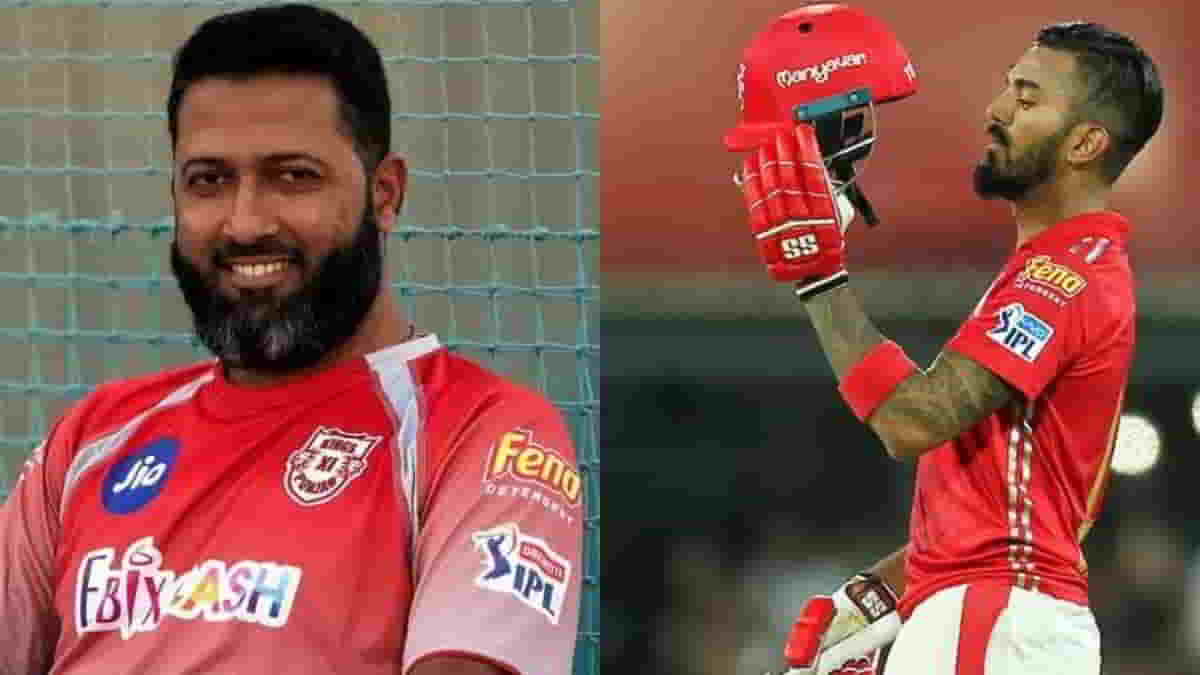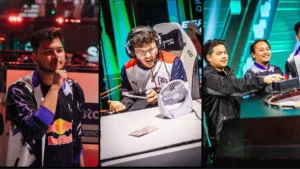As a result, the behavior is extremely different. Similar to how a lawyer sitting anywhere in the nation might virtually attend a case before the Supreme Court, gamers from various States can take part in an event that is taking place in another region of the nation or anywhere in the world. As a result, esports have different characteristics than any traditional sport. India often talks about a single national tax. In the same vein, state-level restrictions on esports legislation are not permissible.
In traditional sports, the State level association and the State talent are those that have been developed in the State’s native country. In contrast, esports have various contours, especially in light of the metaverse’s expanding environment.
On a global scale, federations have been established with the intention of providing forums for athletes to advertise esports and plan events. Numerous such federations exist in India as well, however the Ministry of Youth and Affairs has not yet approved any of them.
Esports will fall under what section of the Constitution?
When combined with Schedule VII, Articles 245 and 246 of the Indian Constitution divide the types of legislation that can be made by the Union and the State.
It means that the powers of the Union and the State are shared, and that every aspect that calls for action from the Union and the State simultaneously is subject to the concurrent list.
Following are the Schedule VII entries that apply to and are necessary for the subject at hand:
List I
- Foreign affairs: all issues that involve the Union in contacts with any foreign nation.
- Participation in conferences, associations, and other international organizations, as well as carrying out decisions reached there.
- Any other issue not covered by Lists II or III, including any tax not included by either of those lists.
List II
- Sports, entertainment, and amusements; theatres and dramatic performances; cinemas according to the rules of Entry 60 of List I.
List I include the topics for which only the Union may enact legislation.
List II includes the topics for which only a State may enact legislation.
Last but not least, there is a Concurrent List that allows both the Parliament and State authorities to create laws. In the event of a conflict, the law created by the Center will take precedence.
In India, sports are currently a state topic, however considering the band that esports covers, one State cannot control esports alone.
This raises the question of whether esports can be governed by several States on an individual basis or if national regulation is necessary. To put it another way, either sports, which are listed in Schedule VII as State topics, must be moved to the Concurrent List in order to be covered by national law, or List I will include them if they fall under the purview of residuary subjects.
“Get more sports news, cricket news, and football updates, log on to sportsdigest.in. Follow us on Facebook or Twitter and Subscribe to our YouTube Channel.”























